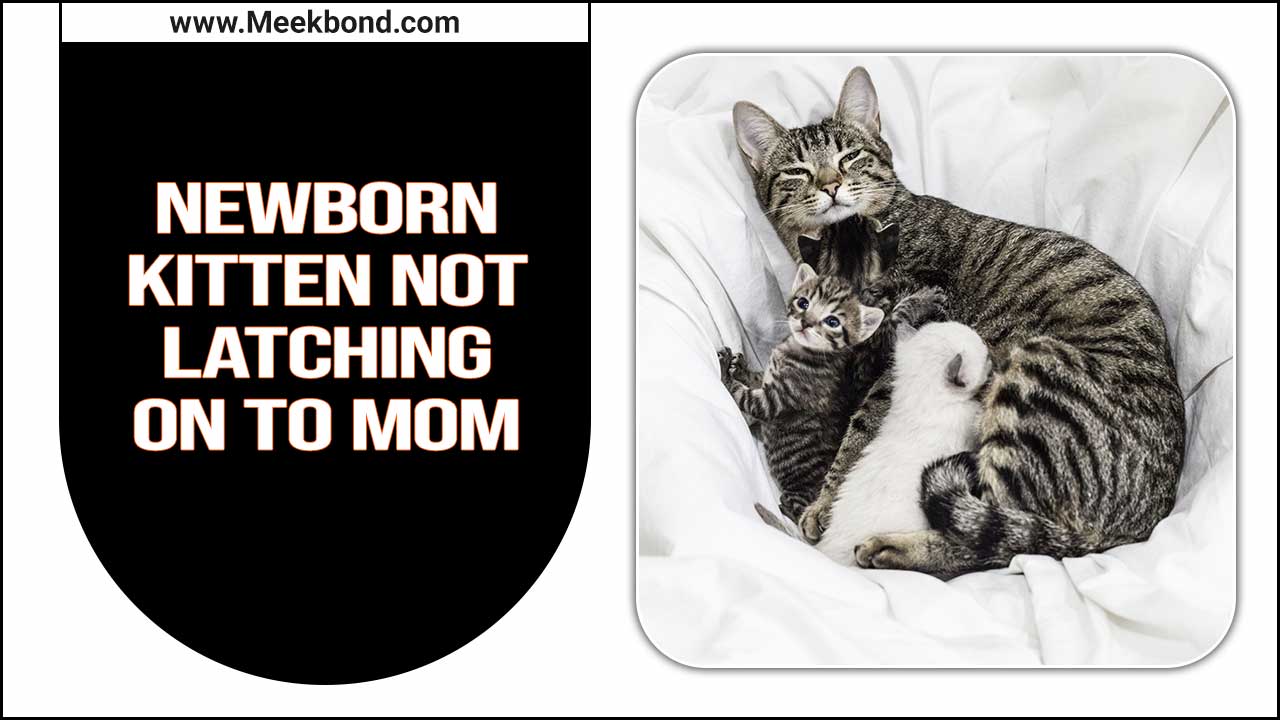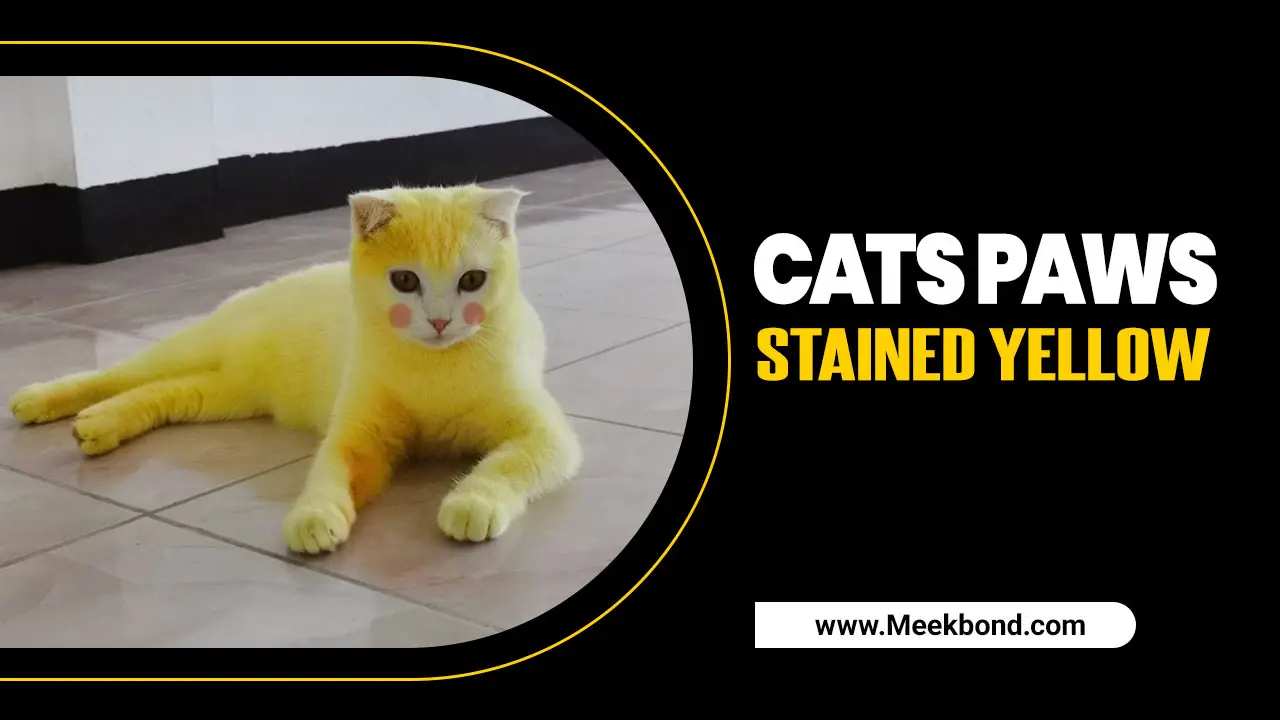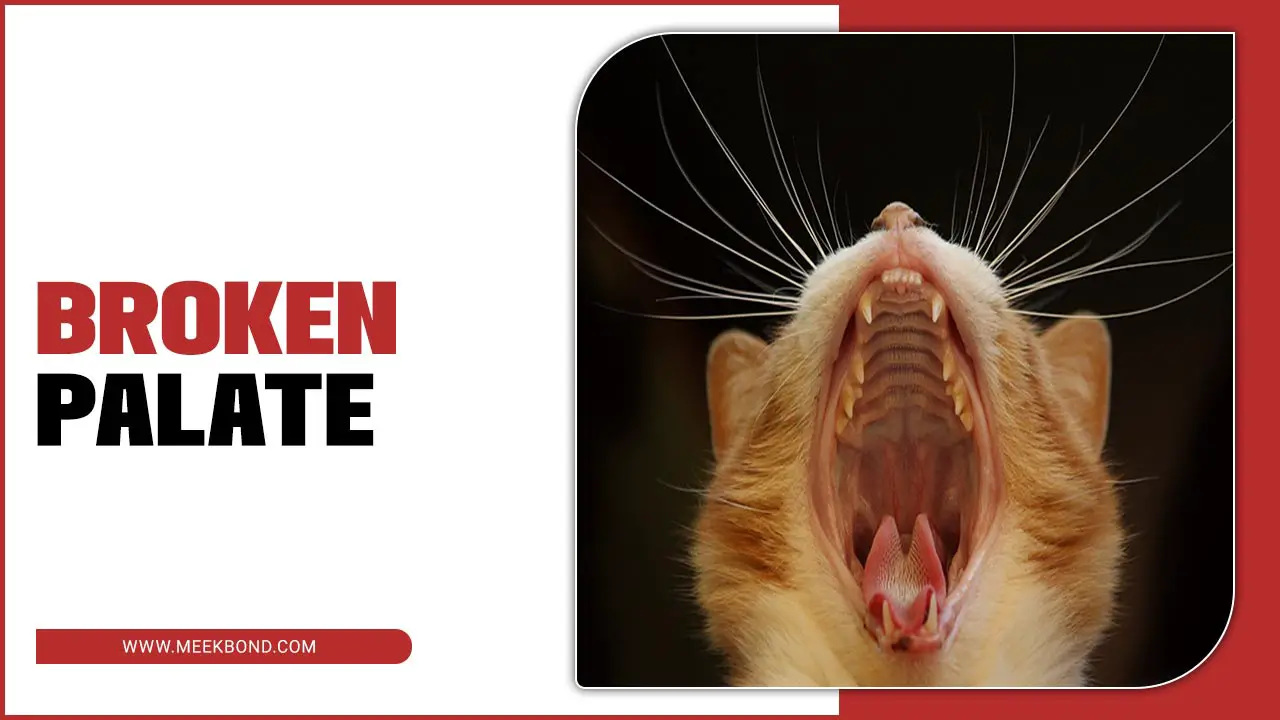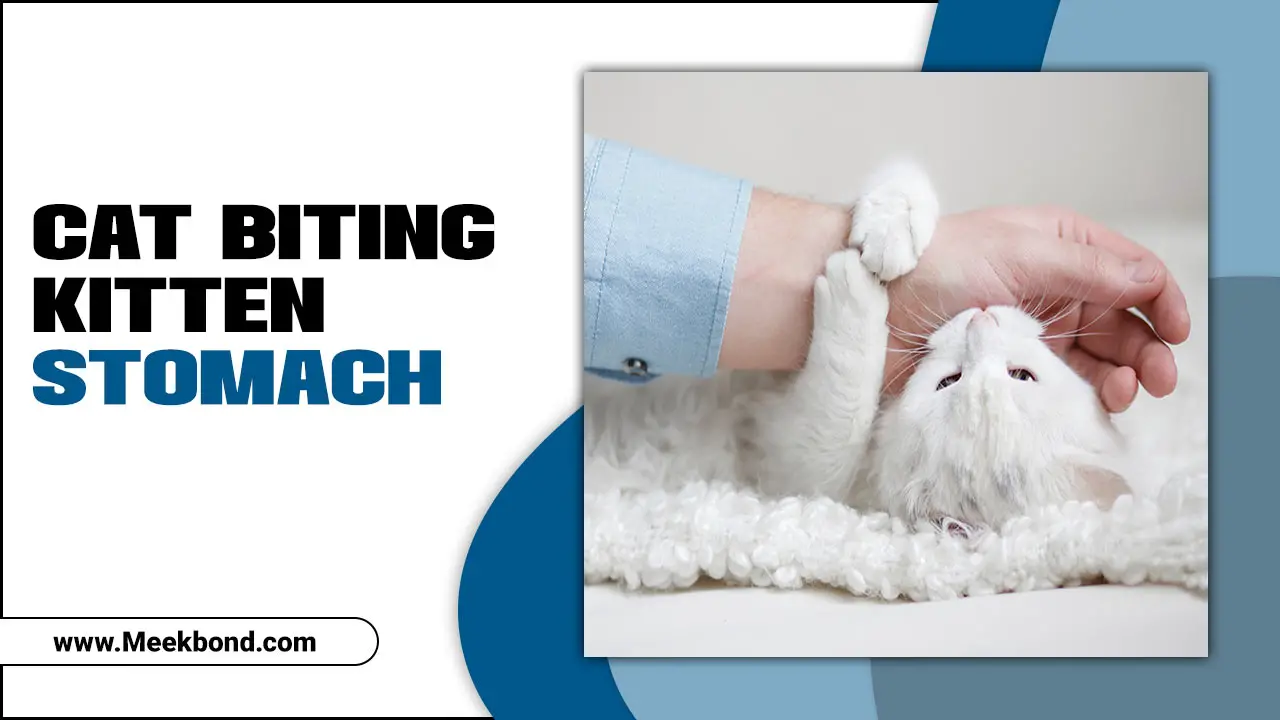Keeping your cat healthy is of utmost importance. One of the best ways to ensure their overall well-being is to keep them at a weight ideal for their size and breed.
While feeding your cat, the right food can help them stay in the ideal weight range; it is important to ensure they’re getting enough calories. Overweight cat problems are quite common, but weight loss is not.
Many cat owners fail to recognize their cat’s weight gain or weight loss and don’t take action. If your cat is overweight or appears to be underweight, it’s important to take an active role in her health. You can play a significant role in preventing overweight cats by feeding healthy food options, monitoring calories, and providing healthy snacks.
We’ll discuss the ideal weight range for cats, how to keep your cat healthy, and the most common causes of overweight cats. We’ll also talk about feeding cat food and food supplements and how you can play a part in preventing overweight cats.

Exclusive Tips To Keep Your Cat At A Healthy Weight

If you’re looking to keep your cat at a healthy weight, there are a few tips you can follow to help prevent obesity. First and foremost, monitoring your cat’s weight regularly is vital, as weight gain or loss can indicate health issues. This will allow you to detect any changes early on and take prompt action if necessary.
To ensure your cat eats a healthy diet, try feeding it food with nutritional value, such as canned cat food or dry kibble. Also, give your cat plenty of playtime and exercise to keep its body healthy and fit. Finally, be patient; weight loss or gain can take some time. If you find yourself struggling to keep your cat at a healthy weight, consult your veterinarian for advice.
Monitor Your Cat’s Caloric Intake

Undoubtedly, keeping your cat healthy and at a healthy weight is of the utmost importance. So, it’s vital to monitor your cat’s caloric intake and ensure its diet is balanced and meets all its nutritional needs. It’s also important to ensure the cat’s diet includes dry and wet foods. Furthermore, it’s vital to ensure that the cat’s diet includes a variety of food types, such as proteins, fats, carbohydrates, and vitamins and minerals.
Consult your veterinarian if your cat’s weight is not trending towards a healthy target weight. They can help create a feeding schedule that accommodates your cat’s needs while providing optimal nutrition over time. Additionally, it is critical to gradually reduce your cat’s caloric intake over weeks to months to promote healthy weight gain. Finally, avoid sudden changes to your cat’s diet to prevent malnourishment.
Feed Your Cat Smaller Portions

Reducing the portion size of wet and dry cat food is an effective way to help cats maintain a healthy weight. It’s important to control the portion size of wet and dry cat food, as cats metabolize food differently depending on whether they are feeding themselves or being fed by their owners.
To help cats maintain a healthy weight, feed them smaller portions of wet and dry food than normal. You can also reduce calories in your cat’s food by feeding them an equal amount of lower-calorie food than usual.Cats usually require about 20 per cent fewer calories than dogs, so feeding your cat only half the recommended amount can help them maintain a healthy weight.
Additionally, limiting treats and putting an automatic feeder in your cat’s feeding area can help them reduce the calories they consume. By incorporating physical activity into your cat’s feeding routine through play-hunting or cat toys, you can prevent feline from over-consuming calories and becoming overweight.
Choose Low-Calorie Treats

If you’re feeding your cat a healthy and balanced diet, it’s important to ensure you’re not overfeeding or feeding them treats containing too many calories. One way of doing this is by choosing low-calorie treats. Instead of feeding them high-calorie treats, opt for small portions such as dry food, canned cat food, or both. You can also replace spicy snacks with healthy alternatives such as human-grade meat and vegetables.
Another way to help cats lose weight healthfully is to incorporate exercise into their daily routine. Cats with a healthy weight often benefit from exercise to help them burn calories and stay healthy. Consider taking your cat for a walk or playtime outside if you have time. In addition to helping cats maintain a healthy weight, exercise can strengthen the bond between you and your pet.
Offer Variety In Your Cat’s Diet

To help ensure that your cat maintains a healthy weight, offer a variety of wet and dry foods and treats. It is important to ensure that you are feeding your cat a diet high in good-quality protein and containing probiotics to aid digestion. Further, monitoring your cat’s calories and considering switching to lower-calorie food if needed is essential.
To promote weight loss and healthy weight gain, it is best to incorporate exercise into your cat’s feeding routine to promote weight loss and healthy weight gain. This will help burn off excess calories and keep your cat at a healthy weight.
Avoid Overfeeding

If you have a cat, paying attention to its weight and ensuring it stays healthy and fit is important. Overfeeding can quickly lead to obesity in cats. It is also essential to exercise your cat regularly so that it maintains a healthy weight. Overfeeding your cat can lead to obesity, so be careful not to overfeed it. You can use food portions or play with your cat to help ensure that it is getting the proper amount of food.
Additionally, weigh your cat regularly to track progress and consult a vet about weight goals and the most appropriate diet for your cat. It’s vital to keep your cat at a healthy weight by keeping an eye on its weight and ensuring it stays within a healthy range. If you care for and love your cat, show it some extra TLC by feeding it a healthful diet and exercising it regularly.
Provide Healthy Snacks

Providing healthy snacks for your cat can be a great way to help them stay healthy and fit. However, ensuring you’re feeding your cat the right snacks and in moderation is important. Consider consulting with your veterinarian or pet nutritionist to help ensure that you’re feeding your cat the right snacks.
When feeding your cat a healthy snack, ensure it is high in protein and low in carbohydrates and fat. This will help keep your cat healthy and fitter over time. Before feeding your cat a snack, ensure they are physically active. And play some fun games or exercise for a few minutes. This will help them burn off any energy from their meal and prepare them for playtime afterwards.
Consult Your Veterinarian If Necessary

If your cat’s weight is not trending toward a healthy weight despite your best efforts, you should consult your veterinarian. Professional guidance and advice can help ensure that your cat stays at a healthy weight. Suppose you are still determining the steps to keep your cat’s weight in check. Download a guide to weight management for cats or cat weight loss tips.
These tips will help reduce the risk of overweight cat health problems. And ensure your cat continues to have a healthy weight. Visiting the veterinarian regularly can also help prevent your cat from becoming overweight. Your veterinarian can provide professional advice to ensure that your cat stays at a healthy weight and lead healthy and long-living life. Whether you are struggling with weight management or seeking expert advice, many options exist to help keep your cat healthy and at a healthy weight.
What To Do If Your Cat Is Overweight

If your cat is overweight, you should speak to your veterinarian about weight concerns for your pet. Your vet can monitor your cat’s weight and watch for physical signs of overweight or obesity, such as increased waistline, fat around the neck or abdomen, and lethargy. If you notice these signs in your cat, you can take steps to manage its weight.
You can change your cat’s diet by feeding it healthy options such as cat food, kitten food, and canned cat food with healthy weight management ingredients. You can also try feeding your cat healthy treats such as fruits and vegetables. Exercise with your cat daily to help manage weight. Also, consider changing your feline friend’s environment by providing extra playtime and access to sunshine and play toys.
Which Foods Should Be Avoided When Feeding My Cat And Why?
When it comes to feeding your cat, choosing the right food for them can be challenging. Many factors should be considered when choosing a cat food, including its nutritional value and ingredient list. However, some foods should be avoided whenever possible, as they can lead to obesity and other health problems. These include treats and sugary fruits and vegetables. Tempting as they may be, you should not give these treats to your cat. They will most likely become addicted to them and overeat, which can seriously affect their health.
One of the primary causes of obesity in cats is overfeeding or over-supplementation with kibble. This can lead to weight gain, digestive issues, and even diabetes and heart disease. If you notice your feline friend is putting on pounds faster than usual, it’s time to take action. Avoiding these common culprits will go a long way in keeping your cat at a healthy weight.
What Are The Most Common Causes Of Overweight Cats?
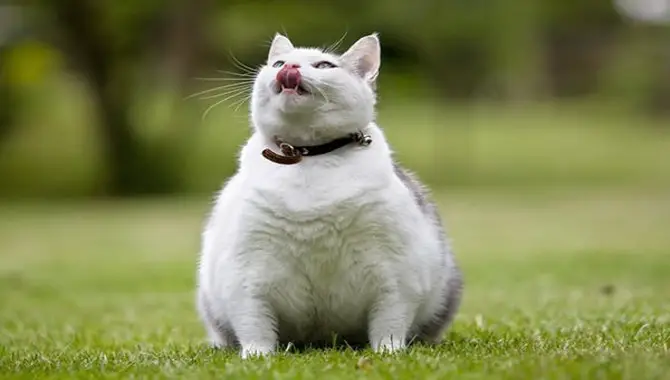
Overweight cats are more likely to experience various health problems, including urinary issues, arthritis, skin conditions, joint irritation, inflammation, decreased immunity, and an increased risk of obesity-related diseases like diabetes. Obesity in cats can lead to fatty deposits accumulating in the liver (Hepatic lipidosis), which can cause nausea, vomiting, weight loss, jaundice, and death.
You can help prevent overweight cats from developing these conditions by feeding them healthy food options and ensuring they have plenty of playtime and exercise. In addition, you can monitor your cat’s weight regularly and act if it becomes overweight. Also, keep your cat healthy by feeding it a balanced diet with the right amount of calories, vitamins, minerals, and proteins.
Should I Get Her A Diet, Or Should I Use Food Supplements?
Should I get her a diet, or should I use food supplements? The first option is to feed your cat a high-quality diet that meets her nutritional needs. If you choose this option, you can control the ingredients in the food and monitor how much she’s eating. You can also purchase a diet tailored to her health conditions, such as diabetes or obesity.
The second option is to use a supplement for weight management in cats. These supplements provide essential nutrients such as calories and essential fatty acids that help maintain a healthy weight. If you decide to use a supplement, following the label instructions and ensuring your cat gets all the necessary nutrients daily is important.
Conclusion
Keeping your cat healthy and weight stable is about feeding the right food, food selection, and offering a healthy diet. It’s also about monitoring weight, adjusting feeding amounts, and offering healthy snacks. As overweight cats are prone to various health problems such as arthritis, diabetes, and joint disease, feeding them a healthy diet is your first defence against obesity.
Weight gain is often a sign of an imbalance in your cat’s diet. Understanding what overweight cats eat, how to feed them healthily, and how to keep them healthy. With the above tips, you can keep your cat healthy simultaneously. If you have any concerns regarding weight loss in cats or overweight cats, contact your veterinarian for a consultation.
Frequently Asked Questions
How Can I Get My Cat To Maintain A Healthy Weight?
Getting your cat to maintain a healthy weight is pretty easy if you follow these guidelines:
Feed your cat small meals daily to help them stay healthy and weight-stable.
Always provide food and water in a safe, non-threatening environment.
Provide your cat with regular physical activity by allowing them access to a play area or playing with them inside.
Why Do Cats Get Fat So Easily?
Cats are often considered feline obesity scofflaws because they easily gain weight due to their fondness for food. Obesity can develop gradually over time as a cat accumulates more calories than it burns.
What Can I Do If My Cat Is Underweight?
If your cat is underweight, the best action is to rule out any underlying medical condition causing this. You can do this by taking your cat to the vet and checking their weight and body scores. Once you know what is causing your cat to be underweight, you’ll need to ensure they’re getting a balanced diet appropriate for their age, activity level, and any health issues they may have.
Why Is A Healthy Cat Weight So Important?
One of the most important reasons a healthy cat’s weight is so important is that excess weight can cause several health issues in cats. These issues include diabetes mellitus (Type 2) and osteoarthritis [101]. Regarding feline breed and body frame size, a healthy weight for a cat depends on the cat’s BCS score. A BCS score ranges from 1 to 9, with 1 representing the least body fat and 5 representing a healthy weight.
How Much Should I Feed My Cat To Promote Weight Loss?
Feed cats a half cup of wet or dry food per meal to promote weight loss. You can opt for lower-calorie options like canned cat food, kibble, or raw feeding food because they are low in calories and help reduce caloric intake. Additionally, make sure to feed your cat physical activity like playing with them, going for walks, or chasing a toy.

Aquarium passion is all about connecting with the aquatic life and providing education to the public on the importance of these creatures. We showcase a wide variety of marine life through our exhibits as well as working with schools to provide unique learning opportunities for students of all ages.

